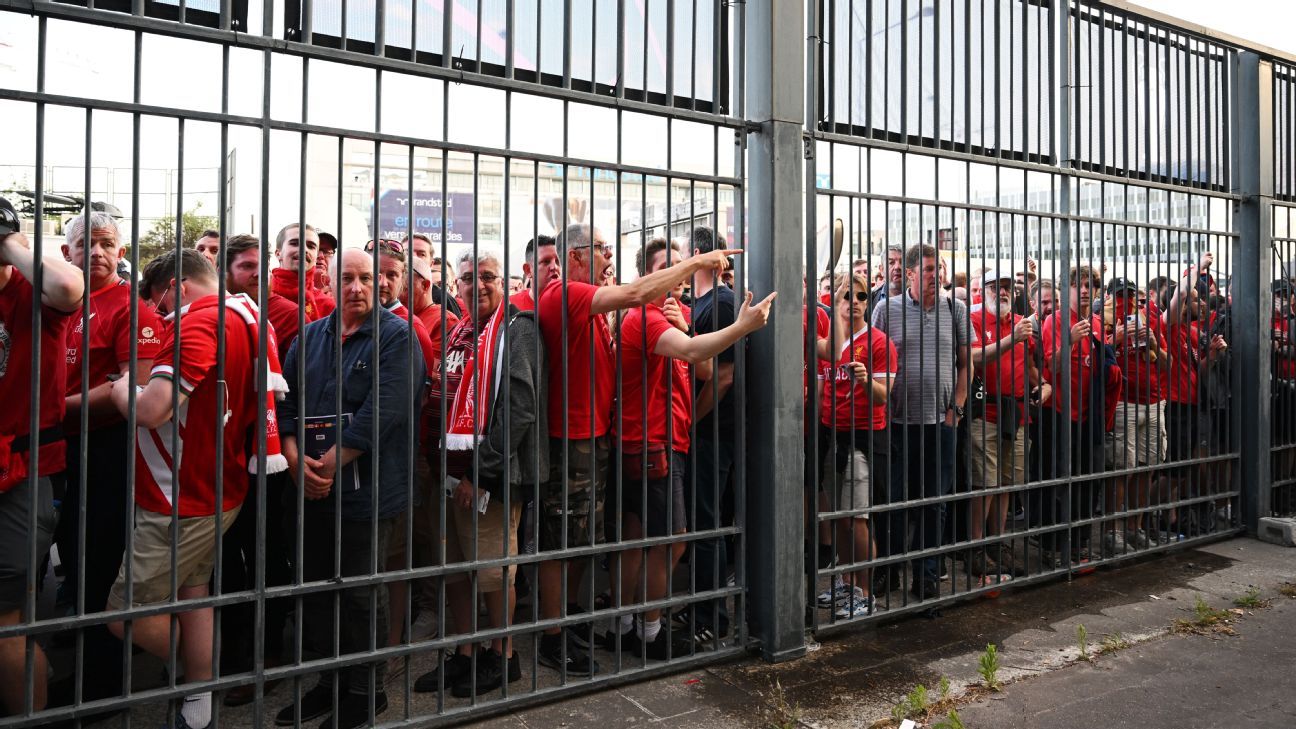Just days after winning a stunning election on an anti-Trump platform, Prime Minister Mark Carney of Canada on Tuesday will meet with President Trump, who has imposed tariffs on Canada, America’s closest ally, next-door neighbor and top trading partner, and repeatedly threatened its sovereignty.
With the relationship between the two countries in tatters, the two leaders will sit down in the White House for their first face-to-face discussion, a high stakes encounter that could easily go sideways.
Mr. Trump has claimed that Canada doesn’t deserve to be independent because of its reliance on U.S. trade and defense and has spoken about making it part of the United States.
Mr. Carney was a political novice who was swept to power because Canadians saw him as a steady hand to negotiate with Mr. Trump and guide Canada through economic turmoil because of his background as a policymaker and private-sector executive.
Mr. Carney served a governor of the Bank of Canada during the 2008 global financial crisis and of the Bank of England during Brexit, establishing himself as one of the world’s most prominent central bankers.
He faces an unenviable balancing act.
Canadians who took a chance on him will expect him to push back on Mr. Trump’s belittling and threatening rhetoric against Canada, as he promised he would.
But he will also need to avoid openly antagonizing Mr. Trump in their working luncheon or in front of journalists in the Oval Office photo opportunity that will follow.
There was no firm agenda going into the meeting. On Monday, Mr. Trump said he was “not sure” what Mr. Carney wanted to discuss. Canadian officials framed the meeting as a first step in the two leaders becoming acquainted and beginning talks that would likely go on for a while.
Chemistry matters
As is often the case with Mr. Trump, a lot could come down to his chemistry with Mr. Carney, which is untested.
The two may not be a natural match. Mr. Carney is a sometimes stiff former banker, known to not suffer fools. He has — while campaigning — revealed a snappish side, as well as a bone-dry sense of humor, when pressed or cornered.
But he could earn Mr. Trump’s respect for his private-sector experience — he worked at Goldman Sachs for more than a decade and was later a boardroom leader for major companies.
“He’s a very nice man, I think,” Mr. Trump said of Mr. Carney in an interview on the NBC program, “Meet The Press” on Sunday.
The anodyne statement was an improvement on his feelings about Mr. Carney’s predecessor, Justin Trudeau. The two had a public falling out in 2018, and the relationship never recovered.
Mr. Trudeau visited Mr. Trump after his re-election in Mar-a-Lago, when he was still prime minister, to plead his country’s case against tariffs.
Mr. Trump has since said that, during that dinner, Mr. Trudeau told him Canada would be crushed if the United States imposed tariffs. While Mr. Trudeau has never confirmed this version of events, Mr. Trump has cited Mr. Trudeau’s supposed statement to claim that Canada doesn’t deserve to be a country because it is overly dependent on the United States.
He started referring to Mr. Trudeau as “Governor Trudeau” and Canada as “the 51st state.”
Despite the more respectful language regarding Mr. Carney, it was clear Mr. Trump was not backing down from his main claims about Canada.
“I’m a real estate guy at heart,” he told NBC. “When I look down at that artificial line that was drawn with a ruler many years ago — was just an artificial line, goes straight across. You don’t even realize. What a beautiful country it would be.”
What are the issues?
On a call with Mr. Trudeau in February, Mr. Trump said he did not like the border treaty between the two nations, a claim he’s since repeated publicly, and raised doubts about the two countries’ water-sharing agreements.
The president’s statements suggest he is eyeing a renegotiation of the agreements that regulate the relationship between the two next-door neighbors, a worrying prospect for Canada, which would enter such talks as the weaker party.
“America wants our land, our resources, our water, our country,” Mr. Carney said in his acceptance speech last week. “President Trump is trying to break us so he can own us. That will never happen.”
Mr. Trump has imposed tariffs on many Canadian goods, but some goods that had been slated for tariffs have been exempted as he has changed his mind, spreading confusion.
Canada has applied retaliatory tariffs against U.S. goods, the only country to take that step besides China, although Mr. Carney has said there is a limit to this approach.
The United States, Canada and Mexico have long had a free-trade agreement, now known as U.S.M.C.A., which lays in tatters. Renegotiating a new deal is one of Mr. Carney’s goals.
“We subsidize Canada to the tune of $200 billion a year,” Mr. Trump told NBC on Sunday, citing an incorrect figure about the two countries’ trade balance. In reality, the United States last year had a $63.3 billion trade deficit with Canada, according to U.S. government data. When Canadian oil exported to the United States is excluded, America has a surplus.
Mr. Trump has complained that Canada is a laggard in military spending in NATO, which has a target for its members of committing 2 percent of economic output to defense. Mr. Carney has promised to reach that goal by the end of this decade.
And Mr. Trump has said Canadian industries like dairy and banking are unfairly protected, making access for U.S. competitors harder.
Many elements of the relationship that Mr. Trump says are unfair, were agreed on as part of the trade agreement he negotiated and signed in his first term.
Source link
















